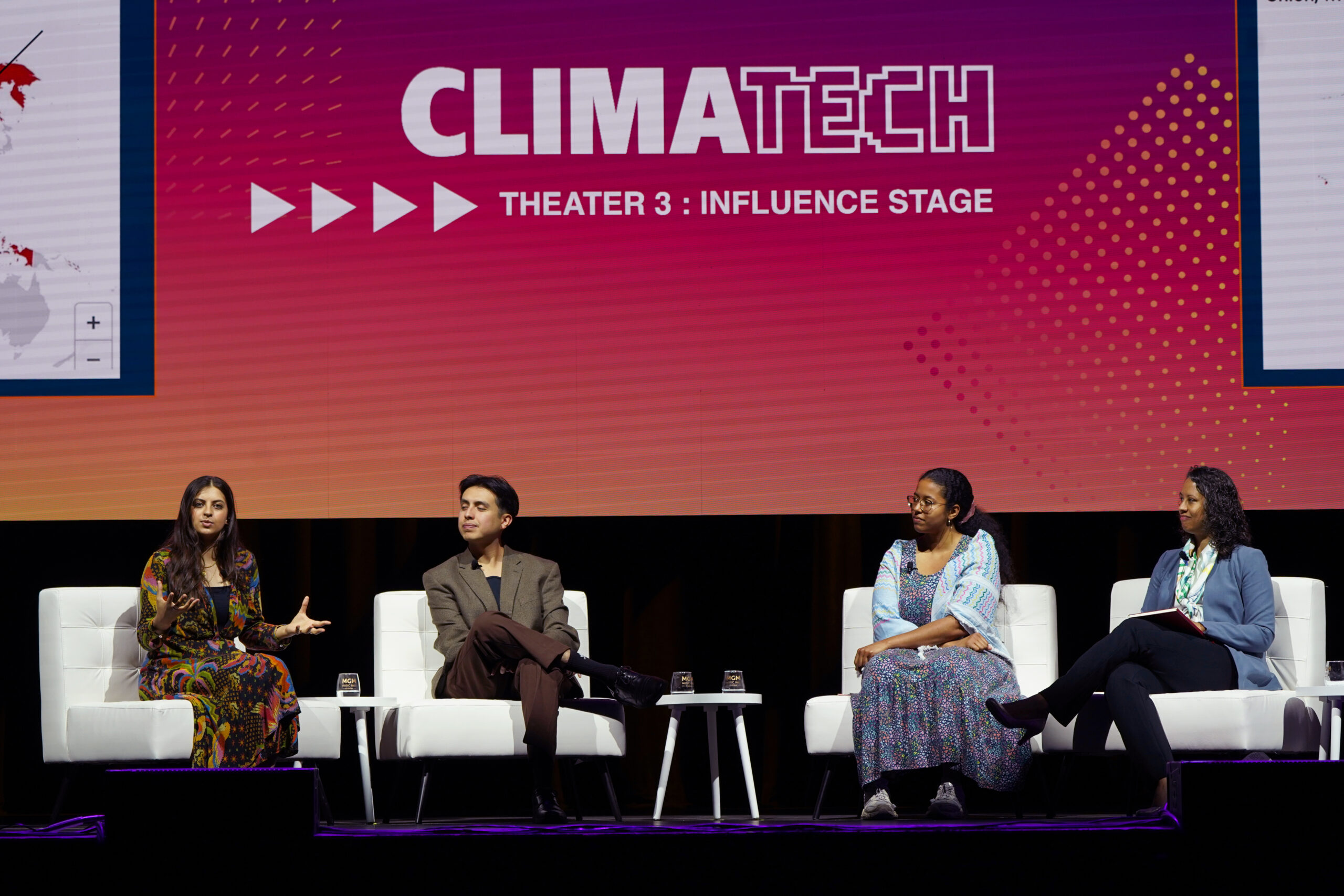Navigating Climate Challenges: The Role of Media, Policy, and Technology
The intersection of climate technology and policy is more consequential than ever. As we grapple with the urgent need to combat climate change, the challenge lies in developing innovative solutions and navigating a media landscape increasingly influenced by native advertising practices that distort the public’s understanding of critical issues.
The Role of Media in Climate Disinformation
Despite the growing recognition of climate change’s existential threat, mainstream news organizations inadvertently contribute to climate disinformation. This occurs through the proliferation of native advertising—advertisements that mimic the format and style of genuine journalism. These ads often appear indistinguishable from editorial content, blurring the lines between commercial intent and unbiased reporting.
For instance, native ads like those produced by WP Brand Studio or the New York Times’s T Brand Studio can look like authentic news articles at first glance. While the Federal Trade Commission (FTC) mandates that such content include disclosures, the lack of standardized language means audiences often overlook or misunderstand these disclaimers. Alarmingly, studies reveal that most readers cannot differentiate native ads from legitimate news stories.
The Emergence of Native Advertising
The rise of native advertising can be traced to the financial pressures facing news organizations. The advent of digital media disrupted traditional revenue streams, leading to a significant decline in advertising income. Many outlets established in-house content studios to mitigate these losses that create native advertising for corporate and special interest groups. However, this practice raises ethical concerns, including potentially suppressing negative coverage about advertisers and eroding journalistic credibility.
The Impact on Climate Change Discourse
Michelle Amosine, a journalist and researcher, has highlighted how climate change is a particularly concerning area where native advertising has far-reaching implications. For example, native ads created for corporations like Exxon Mobil have been accused of misleading the public by overstating their investments in environmentally friendly initiatives. Research shows that these ads influence public beliefs, leading many to falsely assume that such companies are making significant strides toward sustainability.
The problem is compounded when these ads are shared on social media, where FTC-mandated disclosures often disappear. Massachusetts Attorney General Maura Healey highlighted this phenomenon in a lawsuit filed against Exxon Mobil, which accused the company of systematically deceiving consumers about its role in climate change.
Combating the Influence of Native Advertising
Despite the challenges, research offers hope in countering the effects of native advertising. For instance, experimental studies have shown that disclosures, when present, help readers recognize commercial content. Additionally, “inoculation messages”—preemptive warnings that educate audiences about deceptive advertising techniques—have effectively reduced susceptibility to such ads. However, these interventions have limitations and cannot entirely neutralize the influence of ads.
Encouragingly, inoculation messages do not appear to undermine belief in true claims, such as the scientifically established reality of climate change. This suggests that while such strategies can mitigate the impact of disinformation, they must be part of a broader effort to restore trust in media and ensure the integrity of climate-related discourse.
The Path Forward
To address the challenges posed by native advertising, policymakers, media organizations, and the public must collaborate to enforce stricter regulations and promote transparency. The current incremental reform approach is insufficient to counteract advertisers’ systemic influence on news agendas.
Ultimately, the fight against climate change demands a well-informed public capable of making decisions based on accurate information. As native advertising continues to infiltrate media platforms, safeguarding the integrity of journalism is critical to fostering a policy environment that supports sustainable innovation and prioritizes the planet’s future.
View full session from ClimaTech 2024 here:








